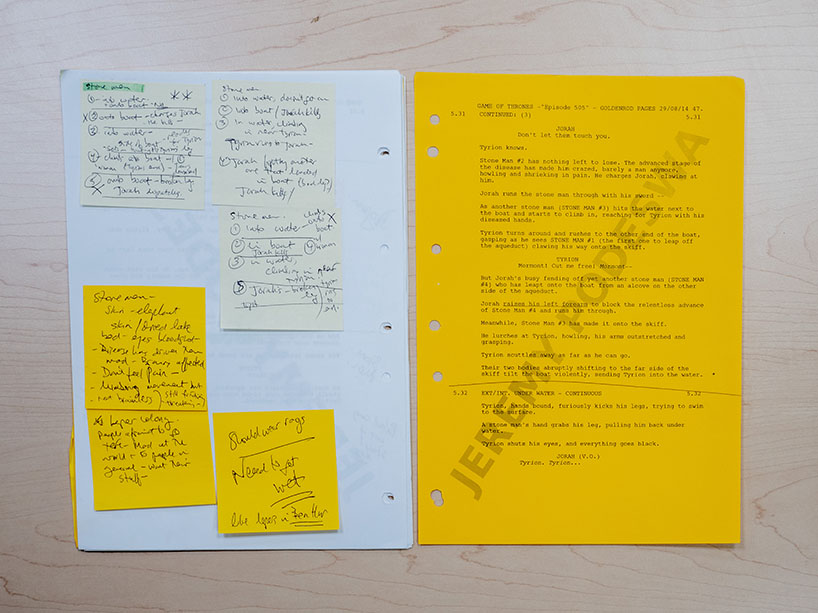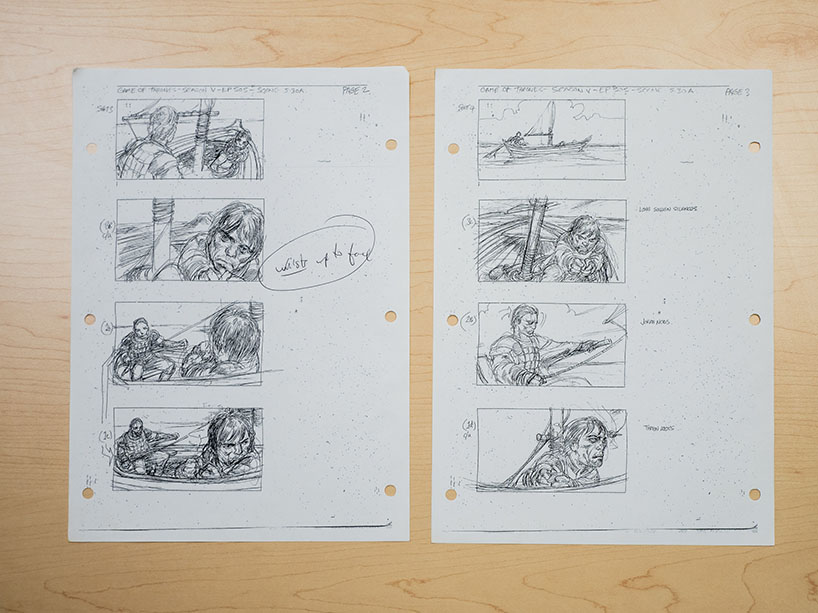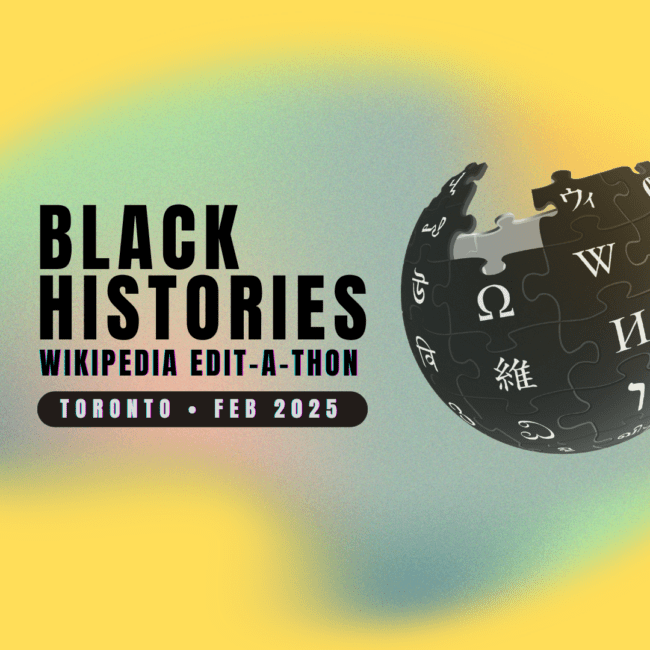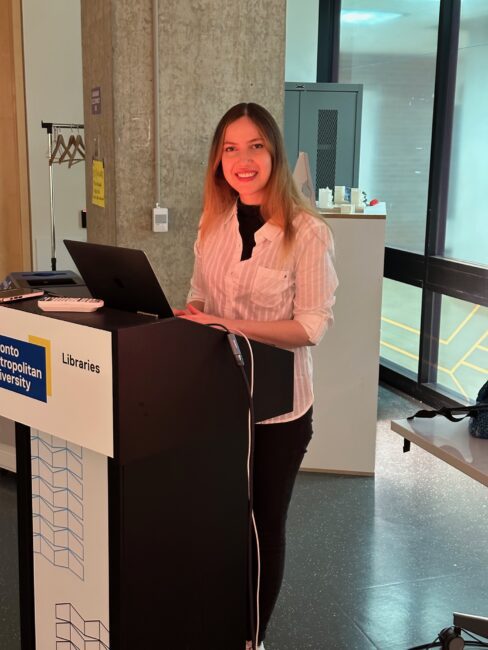
Recent Master of Professional Communication graduate, Zahra Entezami, has been teaching a peer-to-peer workshop at the Library Collaboratory. The workshop has further developed her teaching skills, while giving her the opportunity to share her research interest and knowledge on text mining.
Entezami, who also holds an MBA, first became interested in text mining in her Creative School graduate degree when she began working as a research assistant with Professor Charles Davis—a collaboration that has shaped her research focus on bibliometrics and text mining.
Since working and taking a course with Davis, she’s co-authored a paper and has developed text mining and topic modeling approaches that offer scalable applications in both academia and industry.
While presenting on the free, open-access data mining tool Orange3 during a research meeting in her role as a research assistant, she was encouraged by Davis to develop the presentation into a workshop.
She took the advice to heart and taught her first workshop at The Creative School’s Catalyst. Encouraged by its positive reception, she decided to look for additional opportunities to teach and share her workshop. That brought her to the TMU Library Collaboratory where her workshop was met with enthusiasm, openness, and support.
A faculty and graduate multidisciplinary research hub at TMU Libraries, the Collaboratory brings together researchers and graduate students, helping to expand their research opportunities while also providing access to cutting-edge technology. At the Collaboratory, Entezami connected with Operations Specialist Cristina Pietropaolo, who also has an extensive research background, as well as experience developing and teaching advanced peer-to-peer research based workshops.
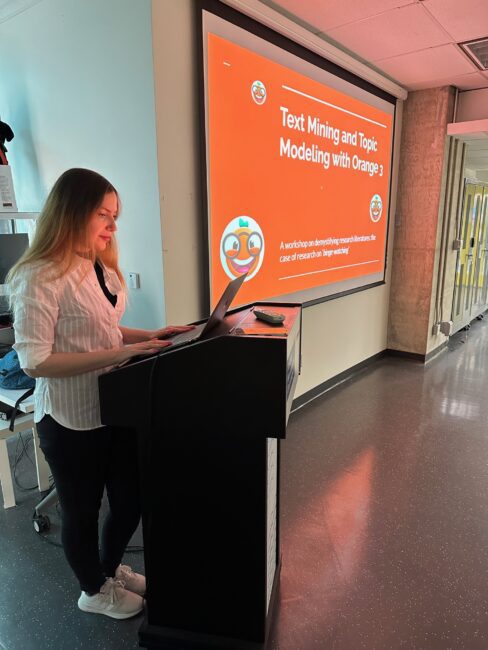
Soon, what had started as a passion for Entezami turned into one of her most impactful experiences at TMU. The Library Collaboratory provided more than just a space to teach. It provided a platform. Pietropaolo and the Library team helped her promote her workshop, supported her teaching ambitions, and gave her a chance to build experience as a researcher, educator, and analyst.
The opportunity also gave her access to community members from different disciplines, amplifying her workshop’s reach and connecting her to new learning and teaching collaborations.
“Thanks to the resources and welcoming environment at the Library Collaboratory, I’ve grown in ways I never anticipated. I’ve had the opportunity to share my knowledge with the community I love, expand my academic toolkit, and make complex technologies more accessible to others,” says Entezami.
 TMU Libraries is reaching out to encourage faculty, researchers and graduate students to create an ORCID account or affiliate a current account with the university.
TMU Libraries is reaching out to encourage faculty, researchers and graduate students to create an ORCID account or affiliate a current account with the university.
